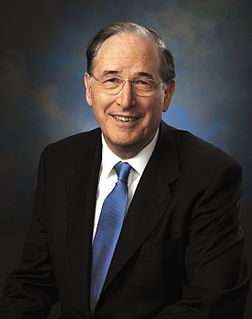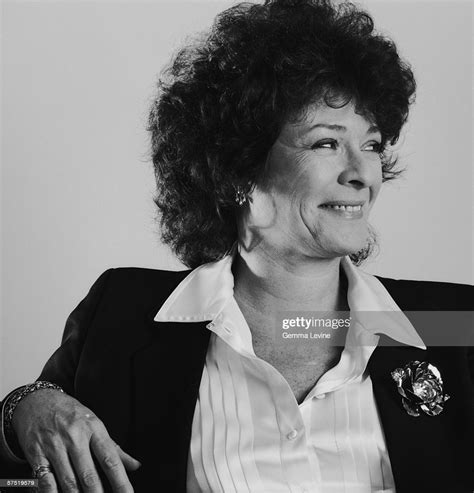A Quote by Aldo Leopold
There is, as yet, no sense of pride in the husbandry of wild plants and animals, no sense of shame in the proprietorship of a sick landscape. We tilt windmills in behalf of conservation in convention halls and editorial offices, but on the back forty we disclaim even owning a lance.
Related Quotes
To husband is to use with care, to keep, to save, to make last, to conserve. Old usage tells us that there is a husbandry also of the land, of the soil, of the domestic plants and animals. And so it appears that most and perhaps all of industrial agriculture's manifest failures are the result of an attempt to make the land produce without husbandry.
Hear and attend and listen; for this is what befell and be-happened and became and was, O my Best Beloved, when the Tame animals were wild. The dog was wild, and the Horse was wild, and the Cow was wild, and the Sheep was wild, and the Pig was wild -as wild as wild could be - and they walked in the Wet Wild Woods by their wild lones. But the wildest of all the wild animals was the Cat. He walked by himself and all places were alike to him
English literature, from the days of the minstrels to the Lake Poets,--Chaucer and Spenser and Milton, and even Shakespeare, included,--breathes no quite fresh and, in this sense, wild strain. It is an essentially tame and civilized literature, reflecting Greece and Rome. Her wildness is a greenwood, her wild man a Robin Hood. There is plenty of genial love of Nature, but not so much of Nature herself. Her chronicles inform us when her wild animals, but not the wild man in her, became extinct.
It was wrong to capture wild animals and confine them in captivity for people to go and gawk at them. And that's basically how zoos got started. But once you do that, and once you have animals that have been bred in captivity, you're really stuck with them in some sense. You can't return them to the wild.
Give people pride and they'll live on bread and water, bless their exploiters, and even die for them. Self-surrender is a transaction of barter: we surrender our sense of human dignity, our judgement, or moral and aesthetic sense for pride. If there is pride in being free, we are ready to die for liberty. If there is pride to be derived from an identification with a leader, we grovel in the dust before a Napoléon, Hitler or Stalin and are ready to die for him. If there is a distinction in suffering we search for martyrdom as for hidden treasure.
All are agreed that the various moral qualities are in a sense bestowed by nature: we are just, and capable of temperance, and brave, and possessed of the other virtues from the moment of our birth. But nevertheless we expect to find that true goodness is something different, and that the virtues in the true sense come to belong to us in another way. For even children and wild animals possess the natural dispositions, yet without Intelligence these may manifestly be harmful.
The wildest dreams of wild men, even, are not the less true, though they may not recommend themselves to the sense which is most common among Englishmen and Americans to-day. It is not every truth that recommends itself to the common sense. Nature has a place for the wild clematis as well as for the cabbage. Some expressions of truth are reminiscent,--others merely sensible, as the phrase is,--others prophetic.




































